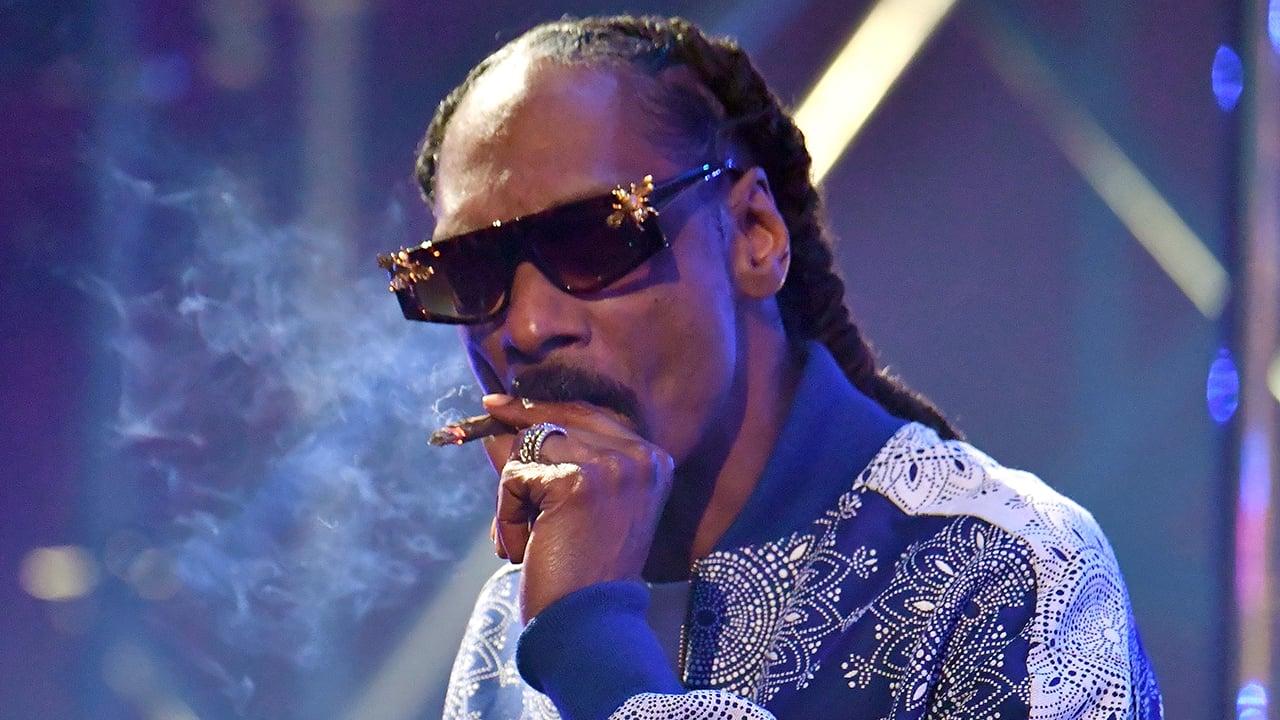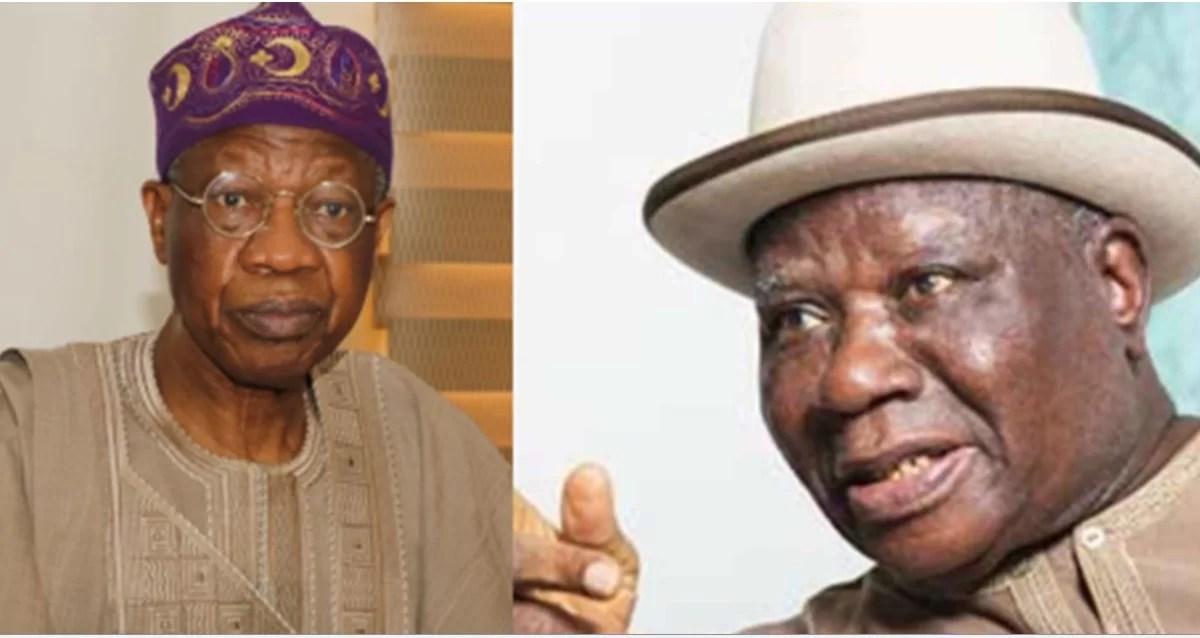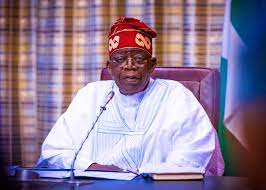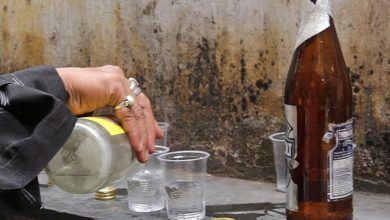IDPD 2023: UNESCO Advocates Rights And Inclusion Of Persons With Disabilities

The United Nations Educational, Scientific and Cultural Organization (UNESCO) believes accessibility and inclusion are pivotal towards building a fairer, more sustainable world where everyone has their place.
This is contained in a Message from the Director-General of UNESCO, Audrey Azoulay on the occasion of the International Day of Persons with Disabilities.
Speaking, Azoulay underlined the unwavering commitment of UNESCO to ensure support for and inclusion of persons with disabilities at all levels of society.
“This means making education more accessible, for example, by developing tools and guidelines to ensure that learners with disabilities are welcomed in quality learning environments.
“UNESCO is doing this in Africa, for example, where we have trained representatives from nine Southern African Education Ministries. We are also developing an online platform to promote coordination within the education system in partnership with the University of South Africa,” the UNESCO DG explained.
The Specialized Agency of the United Nations, no doubt, has been all-encompassing in its approach to address factors such as gender inequality, poverty and geography, while its call for persons with disabilities across Education and Information lines has remained loud.
“In the field of education, for instance, children with disabilities are 49 per cent more likely to have never attended school – and this situation can be compounded by factors such as gender inequality, poverty and geography. . When it comes to information, less than 5 per cent of the Internet is accessible to people with disabilities.
“We are also supporting universal access to information, including on the Internet. For example, to analyse barriers to Internet access and identify needs, UNESCO has developed Internet Universality Indicators, which have been used to formulate policy recommendations in 41 Member States to date.
“In the field of sport, UNESCO supports the inclusion and engagement of persons with disabilities through the Fit for Life initiative. To discuss these issues prior to the Paris Paralympic Games in 2024, we will be hosting a high-level conference on the inclusion and empowerment of persons with disabilities through sport.”
The UNESCO reeled further its continued contributions towards making sure everybody has the same opportunities to participate in every aspect of life to the best of their abilities and desires.
“We are also working with artists and creatives with disabilities, to enhance their inclusion in the cultural and creative industries. For example, in Nigeria in 2022, with the International Fund for Cultural Diversity, we ran creative bootcamps, roundtables and meetings to support artists with disabilities in accessing markets – notably through digital technologies.
“Indeed, when it comes to inclusion, new technologies and innovations can play a key role – provided they do not exacerbate the inequalities they are intended to address. Solutions such as artificial intelligence, for instance, can reproduce bias and discrimination if they are allowed to develop without ethical guardrails.
“To address these issues, in November 2021, UNESCO’s Member States unanimously adopted Recommendations on the Ethics of Artificial Intelligence and on Open Science. The former seeks to ensure that artificial intelligence develops in such a way that it upholds, rather than undermines, the rights of persons with disabilities. The latter seeks to ensure that science and scientific progress is open – and accessible – to all,” Azoulay noted.





